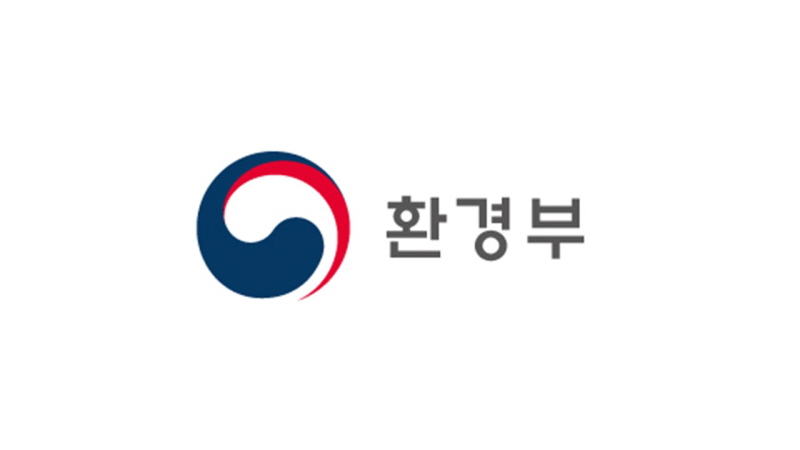환경부가 2024년도 전기차 공용 충전시설 설치 보조사업 예산을 전년 대비 42% 증가한 3,715억 원으로 늘리고, 3월 6일부터 지원사업을 시작한다.
 직접신청 보조사업 1,340억원, 6일부터 무공해차통합누리집 통해 접수
직접신청 보조사업 1,340억원, 6일부터 무공해차통합누리집 통해 접수
지역별 무공해차 전환 브랜드 사업 2,375억원, 6일부터 4월 15일까지 공모
환경부가 2024년도 전기차 공용 충전시설 설치 보조사업 예산을 전년 대비 42% 증가한 3,715억 원으로 늘리고, 3월 6일부터 지원사업을 시작한다.
환경부는 공용 완속충전시설 설치를 지원하는 '직접신청 보조사업'에 1,340억원, 급속충전시설과 완속충전시설을 함께 지원하는 '지역별 무공해차 전환 브랜드 사업'에 2,375억원을 각각 지원할 것이라 발표했다.
이는 7kW급 완속충전기 11만기와 100kW급 급속충전기 1만875기를 설치할 수 있는 규모다.
'지역별 무공해차 전환 브랜드사업'은 지역별 특성에 맞춰 전기차 보급과 충전 인프라 구축을 연계하고 지자체 및 충전사업자 등을 대상으로 다양한 사업유형을 발굴하여 지원하는 사업이다.
공용 완속충전기 1기당 지원 보조금은 충전기 용량(kW) 및 설치 수량에 따라 최소 35만원부터 최대 500만 원까지 지원하며, 공용 급속충전기 1기당 보조금은 충전용량에 따라 설치비용의 50% 이내에서 최대 7,500만원까지 지원한다.
먼저, '직접신청 보조사업'은 공용 완속충전시설 설치를 지원하는 사업으로 예산은 총 1,340억 원이다. 공동주택(아파트), 사업장, 대규모 주차장 등의 소유자(또는 운영 주체)가 지원받을 수 있다.
지원 신청 기간은 3월 6일부터 예산이 소진되는 시점까지다.
다만, 1,340억 원 중에 800억 원을 차지하는 화재예방형 공용 완속충전기는 '전기차와 충전기 간의 통신기술기준 등'의 준비가 끝나는 올해 하반기에 지원될 예정이다.
'화재예방형 충전기'란 전기차 화재 예방에 기여를 목적으로 충전 중 전기차의 배터리 정보(차량정보, 누적주행거리, SOH, SOC, 전류, 전압, 온도 등) 수집과 충전 제어가 가능한 충전기를 말하며, 현재 '전기차와 충전기 간의 통신기술기준 마련, 통신 모뎀 개발' 등을 진행 중이다.
'직접신청 보조사업'을 통해 공용 완속충전시설 설치 지원을 희망하는 공동주택 등의 소유자(또는 운영 주체)는 '무공해차 통합누리집(ev.or.kr)'에서 신청하면 된다.
신청 시에는 신청 서식에 따라 설치하고자 하는 충전기 설치 수량을 표기하고 원하는 사업수행기관을 1~3지망까지 선택하면 된다.
사업수행기관은 충전시설의 설치 및 사후관리를 전문적으로 수행할 수 있는 충전사업자로서 환경부가 공모를 통해 선정하며, 2024년 사업수행기관은 무공해차 통합누리집(ev.or.kr)에서 확인 가능하다.
또한, 설치 지원 희망자는 완속충전시설 보조금 지침에 따라 건축물대장도 제출해야 하며, 건물소유자 또는 입주자대표가 아닌 경우에는 입주자 80% 이상의 동의서 또는 회의록을 추가로 첨부해야 한다.
설치 희망자의 신청 편의를 위해 충전사업자가 설치 신청을 대행할 수 있다.

▲공용 완속충전시설 설치 신청 및 보조금 지급 절차(그림 출처: 환경부)
한편, 총 2,375억 원을 지원하는 '2024년 지역별 무공해차 전환 브랜드(대표) 사업'은 지자체 및 충전사업자 등을 대상으로 급속충전시설 설치에 2,175억원, 완속충전시설 설치에 200억 원을 지원한다.
이 사업은 공모와 평가를 통해 지원 대상을 선정하며, 공모 기간은 3월 6일부터 4월 15일까지다.
전기차 보급계획과 연계하여 충전 기반시설(인프라) 구축 수요가 있는 지자체(광역 또는 기초) 또는 민간사업자(사업수행기관)는 신청서와 사업제안서 등 구비서류를 공모 기간 동안 한국자동차환경협회 또는 한국환경공단에 사업 유형에 맞춰 신청하면 된다.
 ▲2024년 지역별 무공해차 전환 브랜드(그림 출처: 환경부)
▲2024년 지역별 무공해차 전환 브랜드(그림 출처: 환경부)
환경부는 전기차 충전 수요가 집중되어 충전 병목이 발생하는 고속도로 휴게소를 비롯해 기존 액화석유가스(LPG) 충전소 및 주유소 부지, 주요 물류거점 등에 공용 급속충전시설을 설치하려는 사업을 우선적으로 지원할 계획이다.
2024년 전기차 공용 충전시설 설치 보조사업에 자세한 내용은 무공해차 통합누리집(ev.or.kr)에서 확인할 수 있다.
정선화 환경부 대기환경정책관은 "전기차 보급현황, 충전 수요 및 특성 등의 정보를 통합 분석하여 공용 충전시설 설치 보조사업을 펼치겠다"며 "이를 통해 충전 편의성을 높여 전기차 보급을 확대하겠다"라고 밝혔다.